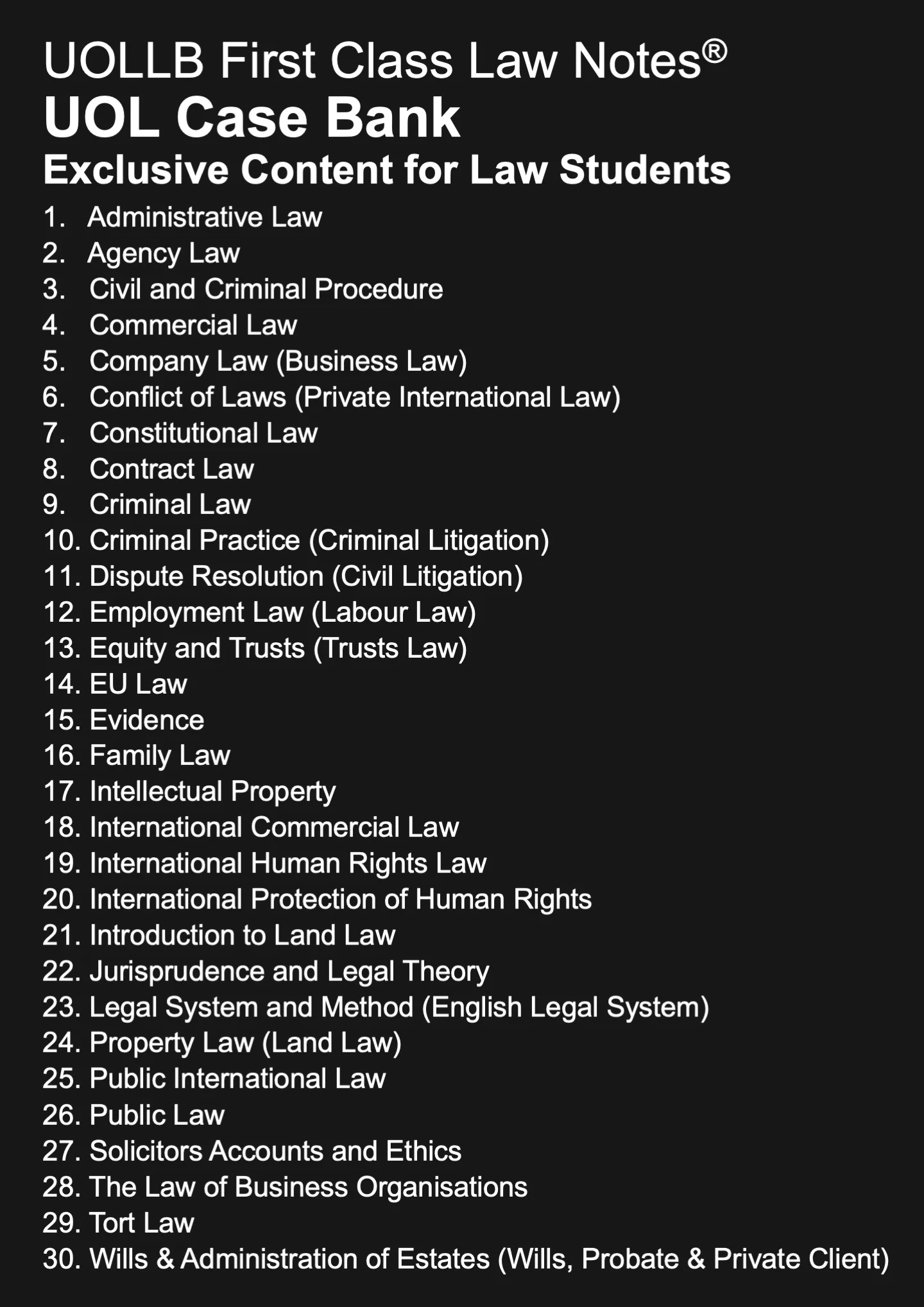Pros and Cons of Using Juries in Criminal Courts
Share
The use of juries in criminal courts is a fundamental aspect of many legal systems, particularly in common law countries. This system, which involves ordinary citizens in the administration of justice, offers several advantages but also comes with notable drawbacks.
Advantages of Using Juries
Democratic Participation and Civic Responsibility
One of the primary benefits of jury trials is the promotion of democratic participation. Juries allow ordinary citizens to engage directly with the justice system, ensuring that legal decisions reflect the values and standards of the community. This process not only makes the legal system more representative but also fosters a sense of civic duty among the population. Serving on a jury helps individuals understand the judicial process better and contributes to their sense of responsibility and involvement in the governance of their society.
Impartiality and Fairness
Juries are typically composed of a diverse group of people, which helps ensure impartiality and fairness in legal proceedings. This diversity allows for a broad range of perspectives and reduces the likelihood of individual biases affecting the outcome. Jurors, being independent from the institutional pressures that might influence judges, can make decisions based solely on the evidence presented in court. This independence is crucial for maintaining the integrity of the judicial process and ensuring that verdicts are fair and just.
Protection Against State Power
The jury system acts as a significant check against potential abuses of state power. By involving ordinary citizens in the decision-making process, it provides a safeguard against the arbitrary use of authority by government officials. This community oversight is vital for maintaining public trust in the justice system. The presence of a jury ensures that the state cannot easily manipulate legal outcomes, thus upholding the principles of justice and equality before the law.
Credibility and Public Confidence
Jury trials enhance the credibility and transparency of the judicial system. Because these trials are generally open to the public, they allow for greater scrutiny and accountability. The collective judgment of a jury, as opposed to the decision of a single judge, often carries greater legitimacy and acceptance within the community. This public confidence is essential for the effective functioning of the legal system, as it ensures that people trust the outcomes of judicial proceedings and feel that justice has been served.
Diverse Perspectives and Holistic Understanding
The involvement of multiple jurors brings a variety of life experiences and viewpoints to the deliberation process. This diversity can lead to a more thorough examination of the evidence and a better understanding of the case. The collective reasoning of a group can ensure that different aspects of the case are fully explored and that the final decision is well-considered and balanced. This aspect of jury trials is crucial for delivering fair and comprehensive verdicts.
Disadvantages of Using Juries
Lack of Legal Expertise
Despite their many advantages, juries have significant limitations, particularly regarding the lack of legal expertise. Jurors are laypeople who may struggle to understand complex legal issues, technical evidence, and the nuances of legal procedures. This lack of understanding can impact their ability to make informed decisions, potentially leading to incorrect or unjust verdicts. To mitigate this, judges provide instructions and guidance, but the risk of misinterpretation remains.
Potential Biases and Media Influence
Jurors can bring personal biases and prejudices into the courtroom, which may influence their judgment. Additionally, high-profile cases often attract media attention, and pre-trial publicity can affect jurors' perceptions even before they hear the evidence. This media influence can undermine the impartiality of the jury and lead to decisions based on preconceived notions rather than the facts presented during the trial.
Inconsistency and Unpredictability
Jury decisions can be inconsistent and unpredictable. Different juries may reach different verdicts in similar cases due to varying interpretations of evidence and differing group dynamics. Unlike judges, who follow strict legal precedents, juries do not adhere to standardised guidelines, which can lead to disparities in verdicts and sentencing. This lack of standardisation poses challenges to the consistency and fairness of the legal system.
Practical Issues: Cost and Time
Jury trials are often more expensive and time-consuming than bench trials. The process of selecting a jury, providing instructions, and allowing for deliberations can extend the duration of the trial. These additional costs and logistical challenges can strain judicial resources and cause delays in the legal process. Efficient management and careful planning are required to minimise these practical issues.
Emotional Decision-Making and Stress
Jurors may be influenced by emotions, sympathy for the victim or defendant, or hostility towards one party, rather than making decisions purely based on evidence and legal principles. Serving on a jury, especially in serious criminal cases, can be a stressful and emotional experience, which might affect their decision-making capabilities. This emotional burden highlights the need for support and clear guidance for jurors throughout the trial process.
Confidentiality Concerns
While jury deliberations are conducted in secret to promote honest and open discussion, this confidentiality can limit transparency. There is no public record of how decisions are reached, which can prevent scrutiny of potential biases or errors. Additionally, jurors are generally prohibited from discussing their deliberations post-trial, which can hinder the ability to learn from and improve the jury system based on past experiences.
In summary, while juries bring significant democratic and fairness benefits to the criminal justice system, they also face challenges related to legal expertise, potential biases, inconsistency, practical issues, emotional decision-making, and confidentiality. Balancing these pros and cons is essential for maintaining the effectiveness and integrity of the jury system.
Advantages of Using Juries
Democratic Participation and Civic Responsibility
One of the primary benefits of jury trials is the promotion of democratic participation. Juries allow ordinary citizens to engage directly with the justice system, ensuring that legal decisions reflect the values and standards of the community. This process not only makes the legal system more representative but also fosters a sense of civic duty among the population. Serving on a jury helps individuals understand the judicial process better and contributes to their sense of responsibility and involvement in the governance of their society.
Impartiality and Fairness
Juries are typically composed of a diverse group of people, which helps ensure impartiality and fairness in legal proceedings. This diversity allows for a broad range of perspectives and reduces the likelihood of individual biases affecting the outcome. Jurors, being independent from the institutional pressures that might influence judges, can make decisions based solely on the evidence presented in court. This independence is crucial for maintaining the integrity of the judicial process and ensuring that verdicts are fair and just.
Protection Against State Power
The jury system acts as a significant check against potential abuses of state power. By involving ordinary citizens in the decision-making process, it provides a safeguard against the arbitrary use of authority by government officials. This community oversight is vital for maintaining public trust in the justice system. The presence of a jury ensures that the state cannot easily manipulate legal outcomes, thus upholding the principles of justice and equality before the law.
Credibility and Public Confidence
Jury trials enhance the credibility and transparency of the judicial system. Because these trials are generally open to the public, they allow for greater scrutiny and accountability. The collective judgment of a jury, as opposed to the decision of a single judge, often carries greater legitimacy and acceptance within the community. This public confidence is essential for the effective functioning of the legal system, as it ensures that people trust the outcomes of judicial proceedings and feel that justice has been served.
Diverse Perspectives and Holistic Understanding
The involvement of multiple jurors brings a variety of life experiences and viewpoints to the deliberation process. This diversity can lead to a more thorough examination of the evidence and a better understanding of the case. The collective reasoning of a group can ensure that different aspects of the case are fully explored and that the final decision is well-considered and balanced. This aspect of jury trials is crucial for delivering fair and comprehensive verdicts.
Disadvantages of Using Juries
Lack of Legal Expertise
Despite their many advantages, juries have significant limitations, particularly regarding the lack of legal expertise. Jurors are laypeople who may struggle to understand complex legal issues, technical evidence, and the nuances of legal procedures. This lack of understanding can impact their ability to make informed decisions, potentially leading to incorrect or unjust verdicts. To mitigate this, judges provide instructions and guidance, but the risk of misinterpretation remains.
Potential Biases and Media Influence
Jurors can bring personal biases and prejudices into the courtroom, which may influence their judgment. Additionally, high-profile cases often attract media attention, and pre-trial publicity can affect jurors' perceptions even before they hear the evidence. This media influence can undermine the impartiality of the jury and lead to decisions based on preconceived notions rather than the facts presented during the trial.
Inconsistency and Unpredictability
Jury decisions can be inconsistent and unpredictable. Different juries may reach different verdicts in similar cases due to varying interpretations of evidence and differing group dynamics. Unlike judges, who follow strict legal precedents, juries do not adhere to standardised guidelines, which can lead to disparities in verdicts and sentencing. This lack of standardisation poses challenges to the consistency and fairness of the legal system.
Practical Issues: Cost and Time
Jury trials are often more expensive and time-consuming than bench trials. The process of selecting a jury, providing instructions, and allowing for deliberations can extend the duration of the trial. These additional costs and logistical challenges can strain judicial resources and cause delays in the legal process. Efficient management and careful planning are required to minimise these practical issues.
Emotional Decision-Making and Stress
Jurors may be influenced by emotions, sympathy for the victim or defendant, or hostility towards one party, rather than making decisions purely based on evidence and legal principles. Serving on a jury, especially in serious criminal cases, can be a stressful and emotional experience, which might affect their decision-making capabilities. This emotional burden highlights the need for support and clear guidance for jurors throughout the trial process.
Confidentiality Concerns
While jury deliberations are conducted in secret to promote honest and open discussion, this confidentiality can limit transparency. There is no public record of how decisions are reached, which can prevent scrutiny of potential biases or errors. Additionally, jurors are generally prohibited from discussing their deliberations post-trial, which can hinder the ability to learn from and improve the jury system based on past experiences.
In summary, while juries bring significant democratic and fairness benefits to the criminal justice system, they also face challenges related to legal expertise, potential biases, inconsistency, practical issues, emotional decision-making, and confidentiality. Balancing these pros and cons is essential for maintaining the effectiveness and integrity of the jury system.























































